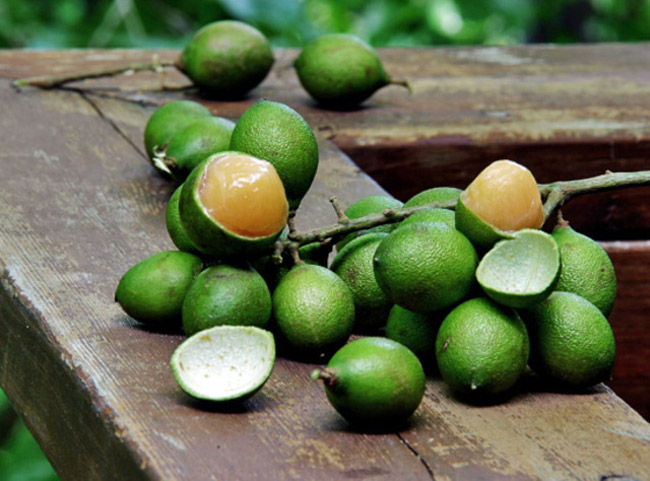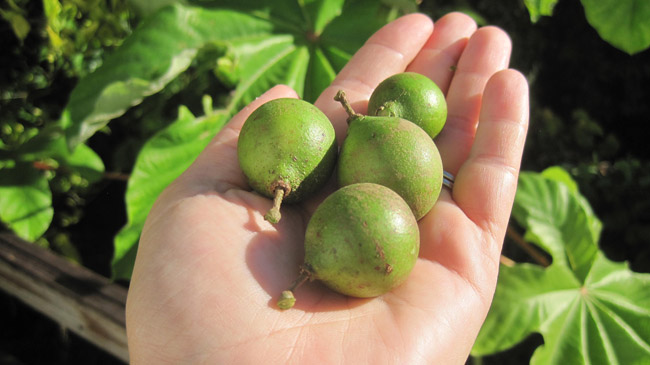Health Benefits of Rarest and Exotic fruits of the world

 Spanish lime or Limoncillo
Spanish lime or Limoncillo
Melicoccus
bijugatus, commonly called Spanish lime, genip, guinep, genipe, ginepa, quenepa,
canepa, mamon, limoncillo or mamoncillo, is a fruit-bearing tree in the
soapberry family Sapindaceae, native or naturalised over a wide area of the
tropics including South and Central America, Mexico, Puerto Rico, the Dominican
Republic, Haiti and other parts of the Caribbean, and parts of Africa and the
Pacific.
Melicoccus bijugatus is native to northern South America and naturalised in
coastal and dry forest in Central America, the Caribbean and parts of the Old
World tropics. It is believed to have been introduced into the Caribbean in
pre-Columbian times. This fruit, known as quenepa in Puerto Rico, grows
particularly abundant in the municipality of Ponce, and there is a yearly
celebration in that municipality known as Festival Nacional de la Quenepa
(National Genip Fruit Festival).
Health Benefits of Spanish lime or Limoncillo or Quenepa
This small round fruit is about the size of an olive with a hard skin. Inside
you'll find a very sweet luscious fruit with a jelly like consistency, most
people eat them fresh... but they can also be made into sauces, desserts, and
juice.
1. Quenepa Fruit is full of fiber for lowering cholesterol and preventing
constipation, also Vitamin A that boosts your immune system and prevents
formation of urinary stones; Vitamin C which is very important as a great
antioxidant; calcium which keeps your teeth and bones strong and helps prevent
cancer; phosphorus which is important for digestion and regulating hormones.
2. Quenepa also contains a large amount of tryptophan which is important for
good sleep... and lysine which is important for proper growth and for preventing
herpes.
3. Quenepa Fruit lowers blood pressure and helps with asthma, and because
Quenepa is full of antioxidants (Phenolic Compounds) they also work to prevent
cardiovascular disease, boost your immune system and prevent strokes.

4. Studies are being done on Quenepa as a anti-diabetic food because particular
proteins in Quenepa lower blood sugar levels.
5. Quenepa Fruit is low in fat, calories, and cholesterol free! Some people say
if you want to lose weight just keep eating Quenepa all day long... it will keep
you busy.
6. The leaves of the Quenepa tree can be boiled and made into a tea which is
great for intestinal problems.
7. The large seed of the Quenepa Fruit is also edible and can be cooked... and
once cooked they taste great. Roasted, crushed, and mixed with honey Quenepa
seeds soothing away diarrhea, and in South America roast Quenepa Seeds are used
as a substitute for cassava flour for baking. In Colombia Quenepa juice is a
staple and can be bought in stores, it's sweet and wonderful tasting.
